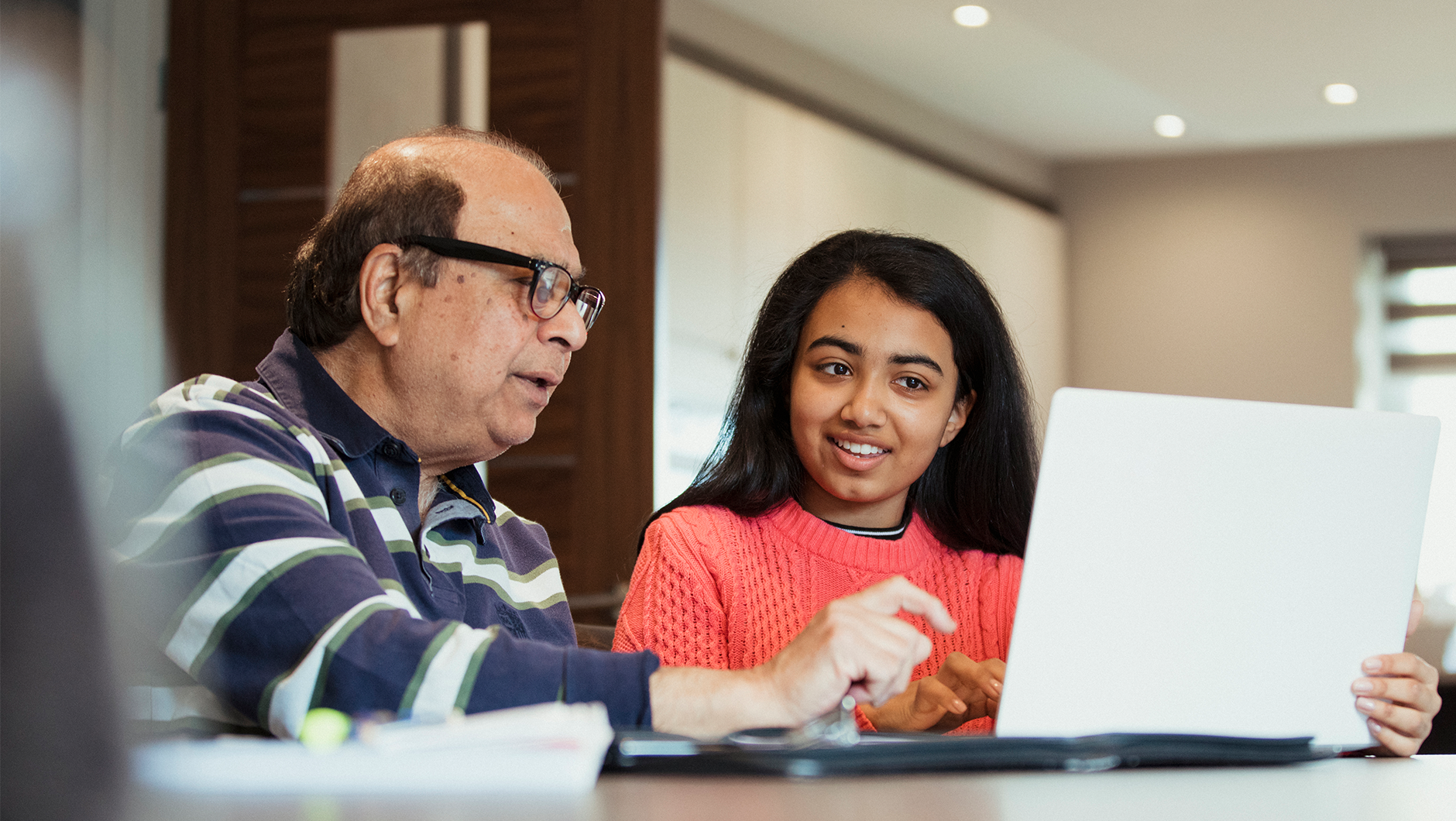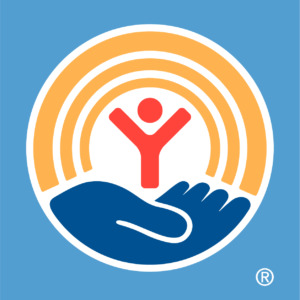Noah Philip came home from a prolonged stay in the hospital with many questions about his medical problems. The 80-year-old Army veteran is innately inquisitive and now needed to know all about his illness – sepsis. What had made him so sick? How could he fully recover and stay well? COVID had shuttered his local library, and with it, his access to resources.
“I needed a computer really bad,” Philip says. “I couldn’t get out because of the pandemic and I was still walking with a cane. A computer was absolutely essential.”
Then Philip came upon a flyer with the names and phone numbers of three organizations with newly established programs to assist people with digital access. Maybe, he hoped, they could help.
In June of 2020, the very month that Philip was released from the rehabilitation hospital, United Way - in partnership with the City of Philadelphia - created a Digital Navigator Network, forming partnerships with the three nonprofit organizations listed on the flyer to provide assistance to low-income families and individuals with everything needed to function online: computers, hot spots, technical skills, and navigation instruction.
United Way of Greater Philadelphia and Southern New Jersey was selected by the City to administer the Digital Navigator Network at Beyond Literacy in North Philadelphia; The ExCITE Center at Drexel University in West Philadelphia; and SEAMAAC in South Philadelphia.
The pandemic exposed and exacerbated a serious digital divide that has long existed. According to a 2021 Pew report, a quarter of adults with household incomes below $30,000 a year don’t own a smartphone. About four-in-ten adults with lower incomes don’t have home broadband services or a desktop or laptop computer. And while online access may have been optional at one point, the pandemic has made it mandatory.
“Society is moving virtual and having access to the devices, connectivity and technology skills is critical to helping individuals fully participate in all facets of society,” says Amina Omar, who provides oversight of the digital equity for United Way. “We’re proud to work alongslide our non-profit partners as they work diligently one-to-one with families and individuals to figure out what their needs are and how to meet them.”
Since the program began, the Digital Navigation Programs at the three agencies have fulfilled more than 900 requests for digital services and arranged for 500 families or individuals to receive computers.
“Society is moving virtual and having access to the devices, connectivity and technology skills is critical to helping individuals fully participate in all facets of society”
SEAMAAC was the first agency that Noah Philip reached out to, although he didn’t fit the usual client profile. SEAMAAC serves mostly immigrants and refugees in South Philadelphia. “A lot of our clients are recent arrivals and undocumented individuals,” says Cassandra Manothan, Digital Navigation Specialist. The majority of SEAMAAC clients are Burmese or Indonesian who speak French and Arabic. SEAMAAC provides hands-on support and gives people laptops, access to subsidized internet services, and provides ESL and citizenship classes that helps recent arrivals assimilate into their new world.
But through the Digital Navigator Network, SEAMAAC and the other agencies work seamlessly together to help whoever is in need. “In reality, I consider all three programs the same, the way they helped me,” Philip says. SEAMAAC provided him a hot spot – and a first-name relationship with people who were eager to help.
“The most important things were the friendships I developed,” he says. “One of the things they provided me with was a social atmosphere. To me, they’re like an extended family.”
When Philip needed more than the hotspot, he connected with the ExCITE Center at Drexel University (Expressive and Creative Interaction Technologies) to get a computer. “About 90 percent of our interaction involves giving away devices,” said Andrew Stutzman, Director of the Digital Navigation project. Follow-up surveys show that the recipients are thrilled, he says. “It’s a life-changer for them.”
And so it was for Noah Philip. Now, once a week, Philip makes a hour-long trip on public transportation, to Beyond Literacy, which provides classes in essential computer and software skills and technology use in daily life for, such as, telehealth, government subsidies, career opportunities, and social media. “Some of these folks never had the opportunity to fully engage in online activities and the pandemic shed light on that,” said Kieran Farrell, Digital Navigator for the agency. “Our services are giving people access at a time when that access is the difference between whether or not you can attend class and further your education or whether you are able to submit government forms to get needed social service benefits. It’s the difference between access to essential services and not having that.”
Philip got more than a personal computer and digital skills from these agencies; their compassion and support actually gave him a more positive outlook on life. “My whole concept of our society changed with my interaction with these groups,” he says. “At this time, in history, in our culture, I see people reaching out more and more. People are helping people,” Philip says.
As long as he’s learning, Philip is content. He has been a voracious learner all of his life, pursuing education even though he was in his 30’s when he completed college. He eschews watching TV for doing research and connecting with long-lost friends on the computer. And, of course, he now has access to all the resources that he needs to focus on the medication condition that besieged him last year.
“It’s been a fantastic experience,” he says.
Beginning in summer 2021, the City of Philadelphia partnered with United Way of Greater Philadelphia and Southern New Jersey to manage the Digital Navigator Network and increase awareness of the Digital Navigator services.
Follow along with our year-long #StrongerTogetherSeries as we feature insights and personal stories of the very people and bodies of work that have made us 100-years strong.

